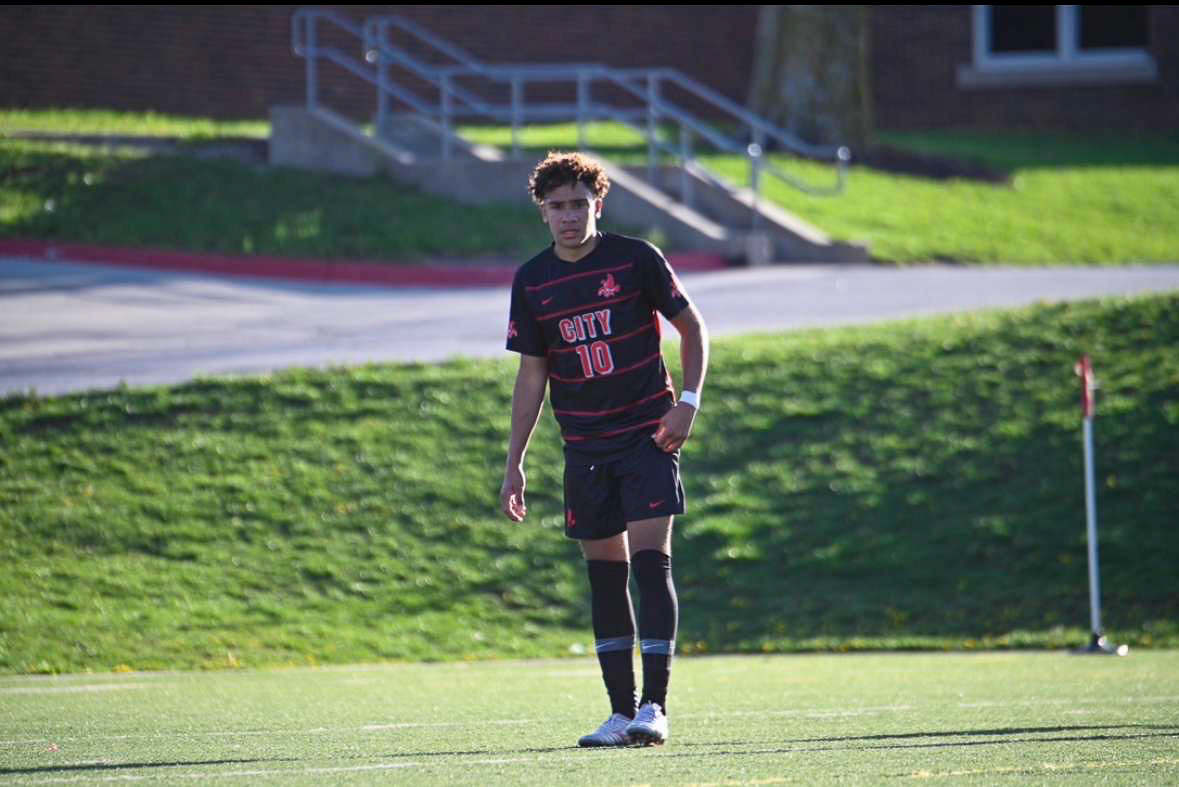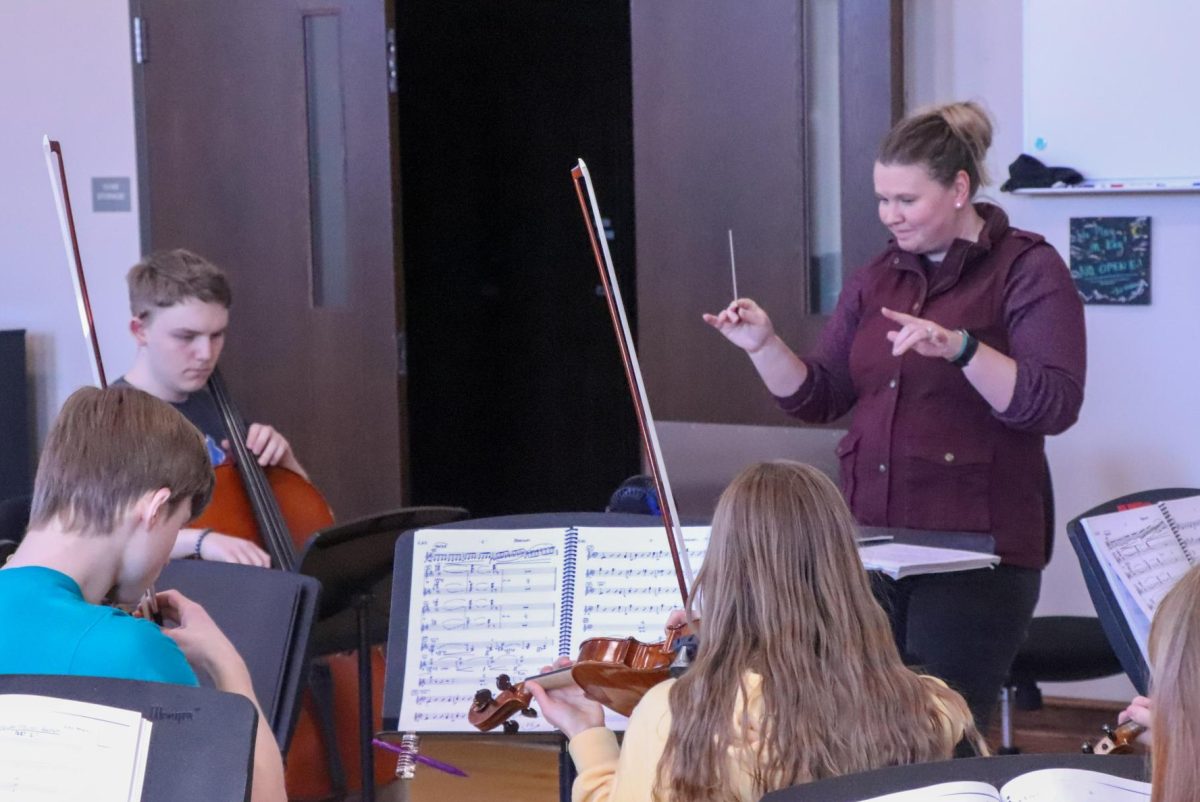School Starts Too Early, High Schoolers Need More Sleep
November 9, 2015
Most students, if not all, can agree that waking up in the morning for school is one of the most challenging parts of the day. Whether it’s hitting the snooze button on your alarm clock for the third time before realizing how late it’s gotten, or your mom having to physically drag you out of bed (whatever works for you) most can agree waking up isn’t an easy thing to do.
Earlier this year, the school board voted to have classes start at 8:00, instead of the normal 8:05. For some, this 5 minutes means nothing, but for others it can mean whether or not there’s time for a quick breakfast before running out the door, or rather sluggishly walking, I should say.
It is a scientifically known fact that sleep is important for the brain and other bodily functions. It’s a necessity, and without it, the effects can be extremely harmful. Sleep is vital to your well being. Teens need about 8-10 hours of sleep each night to function best. According to the National Sleep Foundation, on average, teens are getting about 7-7 1/4 hours of sleep each night. One study showed that only 15% of teens reported sleeping 8 1/2 hours on school nights.
Put into consideration the student athletes. They have practice right after school, are expected to come home, shower, eat dinner, do homework and go to bed, as well as students participating in other after school activities. Depending on the workload that night, homework can take hours to do. This means staying up late, and sometimes even going to bed around 1 or 2 am. Giving them only 5-6 hours of sleep depending on when they wake up.
Many times, I’ve stayed up until 1 or 2 a.m. doing homework and wake up feeling completely drained. I think many students can relate; it’s not the best going through each period with no motivation whatsoever. I have definitely noticed nights that I get enough sleep, I feel more energized waking up and I’m actually able to concentrate on my work, which should be every day.
Not getting enough sleep limits your ability to learn, listen, concentrate, and solve problems. It makes important information hard to remember. Research done by the National Sleep Foundation also shows that lack of sleep affects moods, and can lead to sadness, depression, and aggressive and irritable behaviors. Sleep deprivation can also lead to driving drowsy, which causes 100,000 car crashes every year. For these reasons, not getting sufficient sleep is a large issue.
It is a common misconception that teens are tired, irritable and uncooperative because they chose to stay up too late. What most people don’t know is that waking up early and going to sleep early is even tougher on teenage bodies, because they are set on different schedules than younger children and adults. Biological shifts during teenage years cause the need for longer sleep durations and later wake times. Because sleep patterns shift to later times, it’s natural not being able to fall asleep before 11:00 pm, making it even harder to wake up early in time for school. Education Week released an article, stating that requiring an older teenage to wake up at 7:00 a.m. is like asking a teacher to wake up at 4:30 a.m.
The school board should reconsider changing the start time of school because schools that have pushed back start times have seen major results. For example, eight high schools in Wyoming, Minnesota, and Colorado found that attendance rates increased, higher scores on standardized tests, decrease in tardiness, substance abuse, symptoms of depression and a decrease in car accidents. Although there may be conflicts with parents and teachers, in the end, working around those conflicts will pay off by gains in students engagement and academics. School should start later because students aren’t getting the full benefit of education, when they don’t get enough sleep.




















































